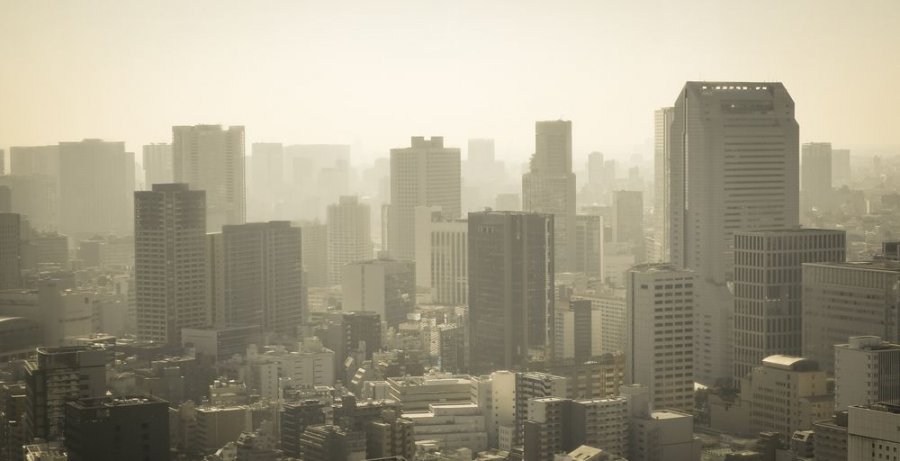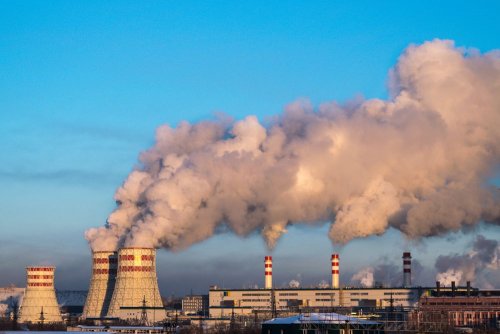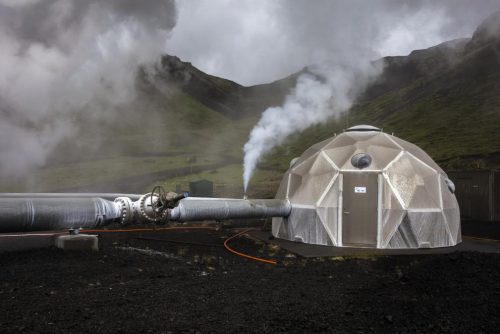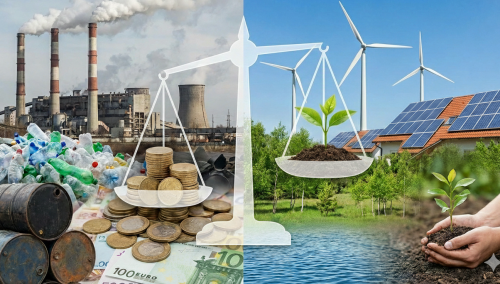An analysis by the Center for Energy and Clean Air Research (CREA) found that Japan's decarbonisation plan to co-fire coal and ammonia in power plants could lead to a 167% increase in PM2.5 air pollution.
Currently, about 43,000 people die prematurely every year in the country due to the negative impact of this pollutant, according to Bloomberg.
The material explained that the burning of ammonia does not lead to emissions of carbon dioxide, but emits finely dispersed solid particles PM2.5. However, Japan plans to extend the life of fossil fuel power plants by co-firing ammonia and hydrogen.
It is noted that such an energy transition plan has been widely criticized, because other countries are accelerating the transition to renewable energy sources.
"Japan's air quality has improved significantly thanks to decades of scientific research, environmental policies, and investment in air pollution reduction technologies," the report said.
The article emphasized that every year, air polluted by PM2.5 solid particles leads to 8 million premature deaths in the world. In addition, it causes a number of diseases. After all, these particles are so small that they can penetrate deep into the lungs and even into the blood. Exposure to PM2.5 has been linked to a number of diseases, including cardiovascular disease, type 2 diabetes, lung cancer and dementia.
Bloomberg added that Japan's Ministry of Economy, Trade and Industry and Jera said in separate statements that PM2.5 emissions would not increase as a result of co-firing ammonia in thermal power plants.
The article emphasized that the production of ammonia requires a large amount of energy and currently accounts for about 2% of global carbon emissions. And the production of "green" ammonia still has methodological limitations.
Earlier, EcoPolitic wrote, that Japan is planning to build the first marine floating solar power plant with a capacity of 88 kW to create a unique urban energy model for Tokyo. Over time, it will make the metropolis completely energy independent.
As EcoPolitic previously reported, a study by the European Environment Agency showed that on the continent at least 1,200 children die every year from the effects of air pollution. Air pollution also causes serious illnesses, including mental illnesses, in thousands of children, which can last a lifetime.





